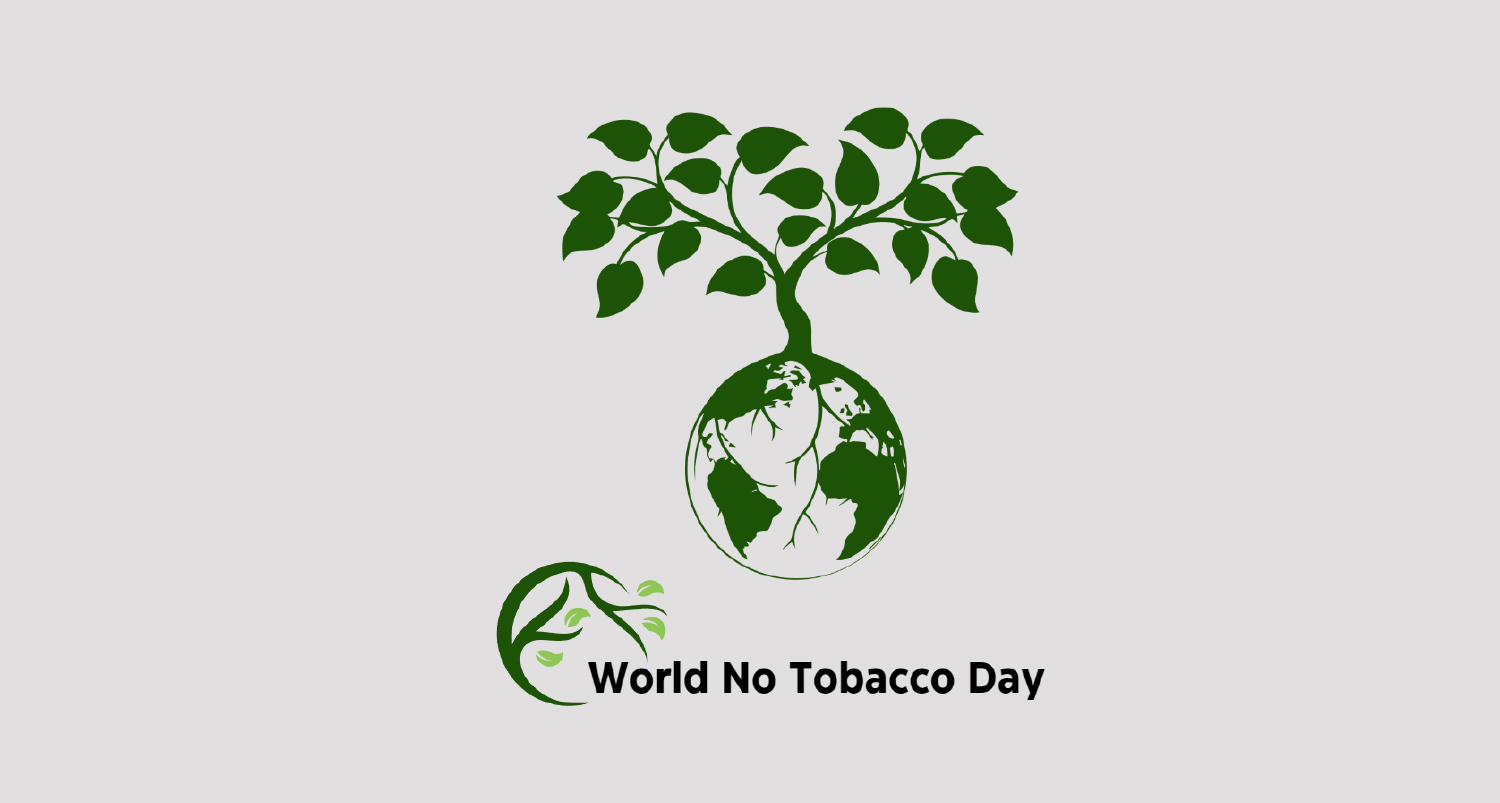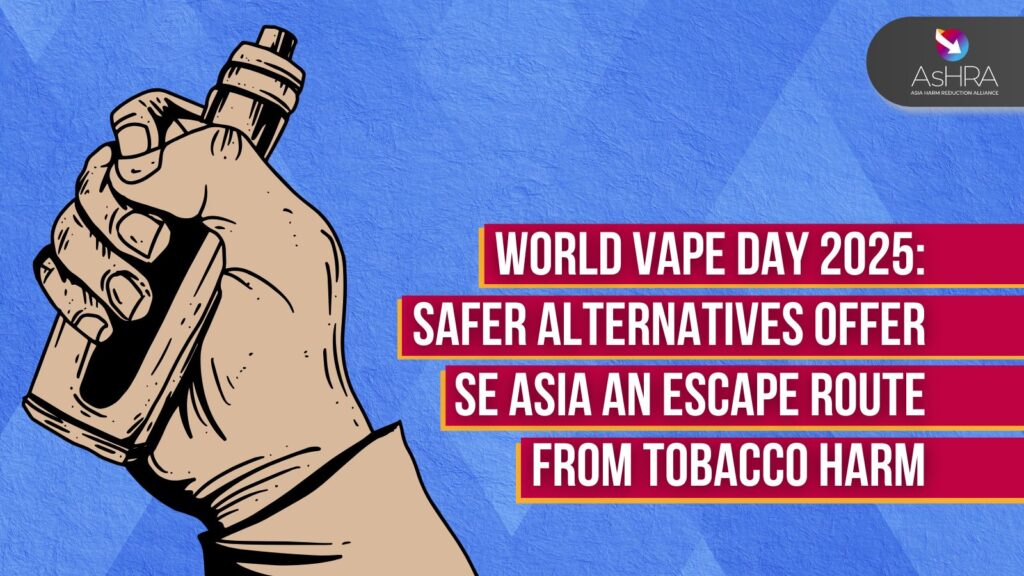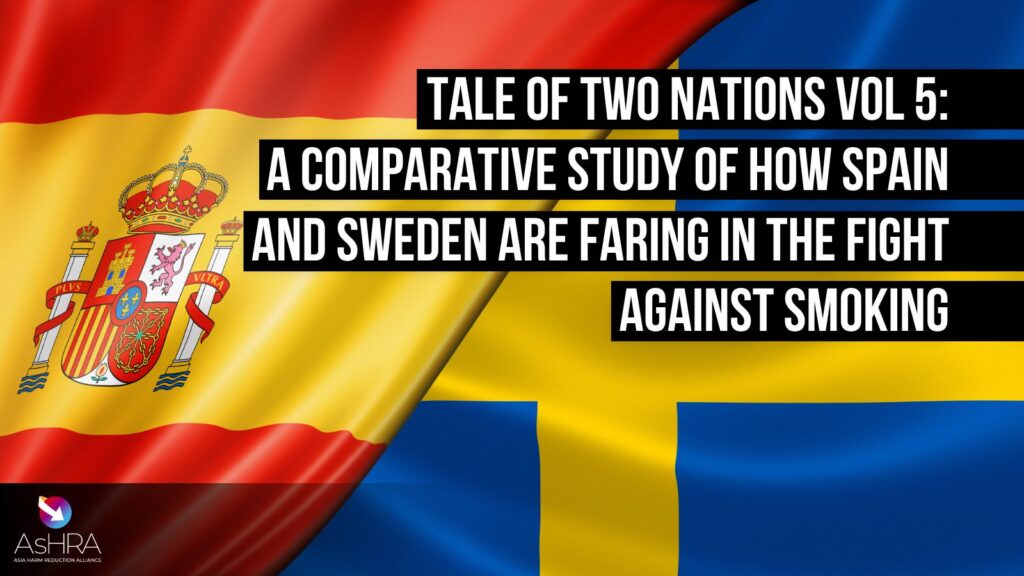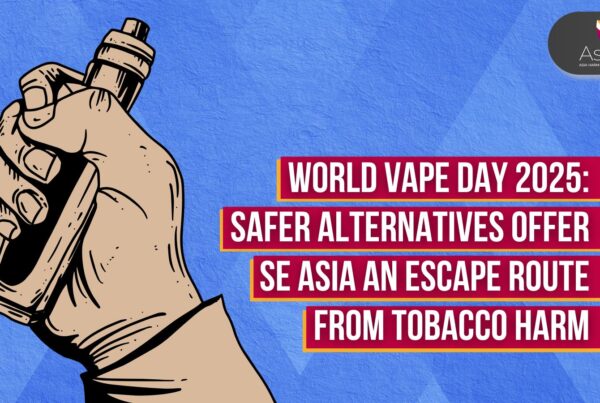World No Tobacco Day is observed annually on May 31st, aiming to raise awareness about the health risks associated with tobacco use and advocate for effective policies to reduce tobacco consumption.
Tobacco use is the world’s leading cause of preventable death, killing nearly 1.6 million people annually in the WHO South-East Asia Region alone, which is also amongst the largest producers and consumers of tobacco products. Indonesia and India are among the top producers of tobacco worldwide.
World No Tobacco Day not only focuses on raising awareness about the harms of tobacco use but also carries implications for tobacco farming in the region. This year’s theme for World No Tobacco Day is Grow Food, Not Tobacco. Article 17 of the W.H.O. Framework Convention on Tobacco Control (F.C.T.C) requires governments to assist tobacco farmers to shift to more economically viable livelihoods.
With South-East Asia accounting for 81 percent of smokeless tobacco users, product substitution can be the most effective strategy to reduce the death and disease toll from toxic tobacco products. Snus, modern oral nicotine pouches, or tobacco-free snus, can play a massive role in helping ease the oral cancer burden in Asia, caused by smokeless tobacco.
Reduced-risk oral tobacco substitutes can be the key to lowering the burden of death and suffering, especially in socially and economically disadvantaged groups in Asia. The Swedish experience, on the other hand, has shown the way! Reduced-risk oral tobacco substitutes like snus and nicotine pouches are the key to lowering the burden of death and disease.

Sweden is about to be the first country to become smoke-free, which global health experts generally consider to be a smoking prevalence of 5% or less of the adult population. The Swedish experience of beating smoking and gaining the associated benefits of reducing smoking-related mortality and morbidity, proves conclusively that the best-kept secret in tobacco control is to make less harmful alternative nicotine products accessible, acceptable, and affordable.
Asian countries need to urgently emulate the Swedish model, which combines recommendations in the W.H.O Framework Convention for Tobacco Control, including reducing the supply and demand of tobacco and banning smoking in public places, but it adds an important element: accepting smoke-free products as less harmful alternatives.
It would be of enormous benefit to the Asian region if more countries did as Sweden did with measures that reduce supply and demand while having differentiated tax rates that give smokers in Asia financial incentives to switch from traditional cigarettes to less harmful alternatives.
In addition to addressing the impact of tobacco farming on food security on this important World No Tobacco Day, it is vital to recognize smoke-free products as less harmful and implement policy decisions that make less harmful alternatives more accessible than combustible cigarettes.
Related Posts
 Time to support Filipino vape law, not relitigate it
Time to support Filipino vape law, not relitigate it
Time to support Filipino vape law, not relitigate it
 Greens’ Plan To Legalise Nicotine Vapes Lauded
Greens’ Plan To Legalise Nicotine Vapes Lauded
Greens’ Plan To Legalise Nicotine Vapes Lauded
 Taiwan Vaping Ban Disappointing For Its Many Smokers
Taiwan Vaping Ban Disappointing For Its Many Smokers
Taiwan Vaping Ban Disappointing For Its Many Smokers
More about
Alcohol Harm Reduction
More about





